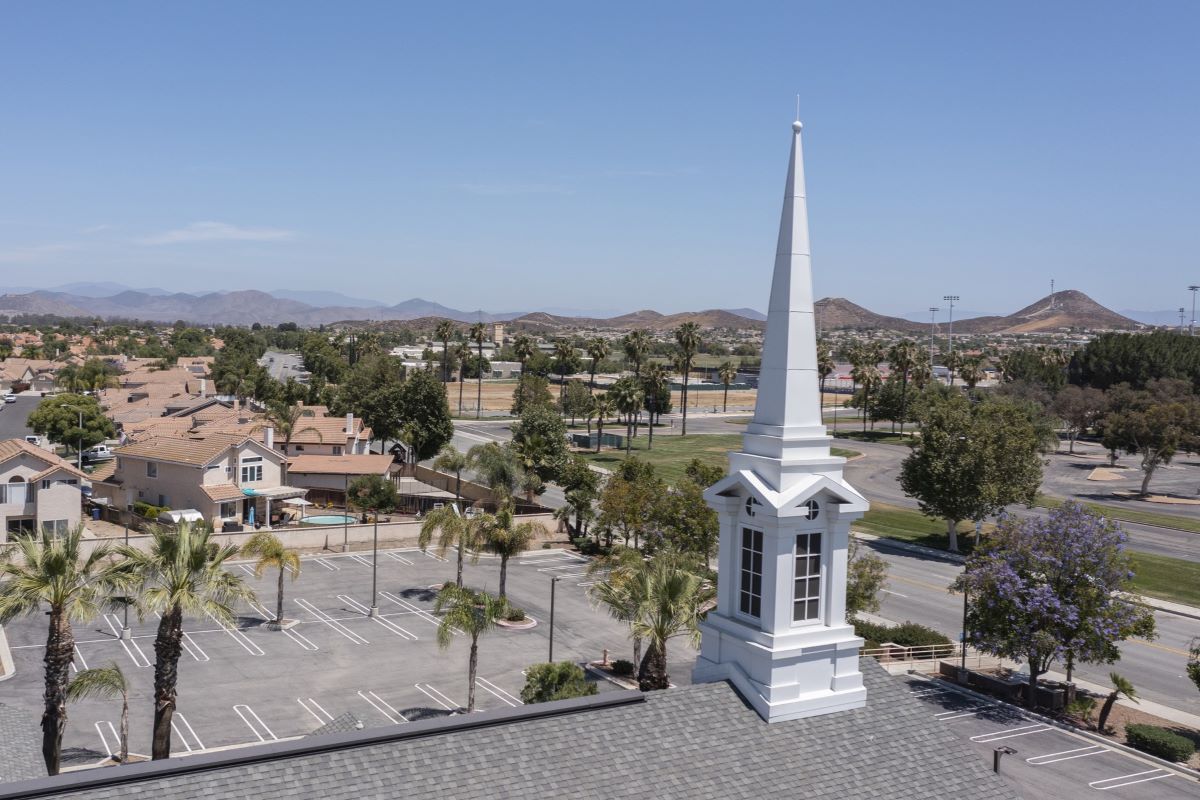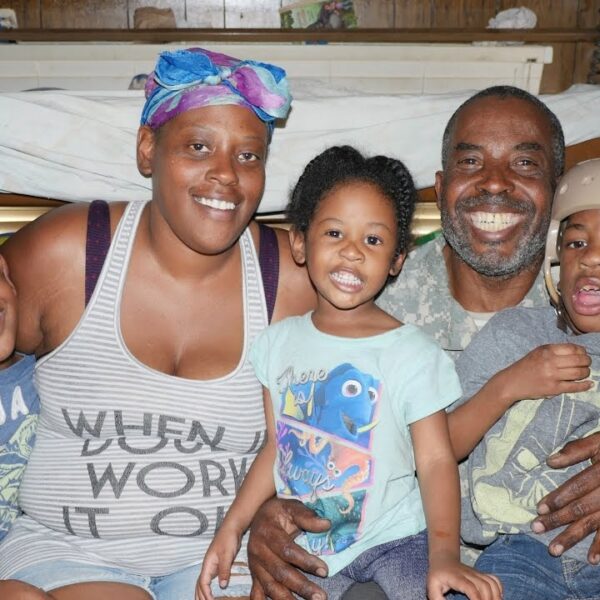Churches Could Play a Pivotal Role in Addressing the Nation’s Affordable Housing Crisis
Religious congregations across the country are stepping up to build affordable housing on their land at a time when many Americans are struggling to afford rent and utilities.
The move illustrates how dire America’s housing affordability challenges have become. Very few churches have real estate development experience, and the process is expensive and time-consuming. But many leaders say the need for affordable housing has never been greater and that the history of religious organizations caring for the poor compels them to take the risk.
“Throughout our network, we are seeing people struggling to find quality, safe, decent, and affordable housing, especially among low- and moderate-income folks,” Curtis Johnson, the vice president of housing strategies at Catholic Charities USA, told Invisible People. “These churches are responding to a great need.”
Since America’s founding, churches have been a part of how cities and towns respond to poverty and homelessness.
Many of the largest homeless service providers today, like the United Way and Red Cross, have religious affiliations, and some even require homeless people to attend worship services to receive other social services.
But in the years since the coronavirus pandemic began, some religious organizations have expanded their mission of helping the less fortunate by wading into housing development. For instance, New Waves United Church of Christ in Traverse City, Michigan, is developing a 14-unit affordable housing complex on a 20-acre plot of land about three miles from the city center. The congregation is building the homes even though it doesn’t have a church to call their own.
At the same time, the land is in one of the wealthiest counties in Michigan. The median home price in Leelanau County was $769,000 in September, according to Realtor.com. That is about 69% higher than the statewide average. The church hopes the homes will be available by December 2025.
St. Michael’s Episcopal Church in Anaheim, California, is another church that has decided to develop affordable housing for the local community. St. Michael’s is currently partnering with St James’ in Newport Beach and Habitat for Humanity to build 24 affordable townhomes, each of which would be about 1,500 square feet in size, Episcopal News Service reported.
The efforts by the Episcopal churches come as California lawmakers are working to make it easier for churches to build homes on their land.
California Gov. Gavin Newsome signed a bill on October 11 that allows religious institutions to bypass regular housing development processes to build affordable housing.
A recent analysis of the bill, also known as the Yes In God’s Backyard bill, by UC Berkeley’s Terner Center for Housing Innovation found that it could unlock up to 170,000 acres of land for California churches to build affordable homes.
“It’s simple math – California needs to build more housing and ensure the housing we have is affordable,” Newsom said.
The U.S. federal government is also encouraging faith-based organizations and churches to build homes as the affordability crisis continues. In August, HUD Secretary Marcia Fudge met with pastors and developers in Brooklyn, New York, to inspire the groups to build more affordable housing together, Commercial Observer reported.
“Churches have relationships that go back decades. Now that we’re in a housing crisis, it makes sense to liaise with the faith-based community to address these needs,” HUD regional administrator Alicka Ampry-Samuel said during the meeting.
To Johnson, this momentum is important to continue.
“We’re trying to reduce the affordable housing crisis as best we can, and maybe that’s one project at a time or one unit at a time. But at the end of the day, housing is one way out of this mess, and we’re not going to stop,” Johnson said.
How You Can Help
Now is not the time to be silent about homelessness in California or anywhere else. Unhoused people deserve safe and sanitary housing just as much as those who can afford rent or mortgage.
Poverty and homelessness are both policy choices, not personal failures. That’s why we need you to contact your officials and tell them you support legislation that:
- Streamlines the development of affordable housing
- Reduces barriers for people experiencing homelessness to enter permanent housing
- Bolsters government response to homelessness
Together, we can end homelessness.













